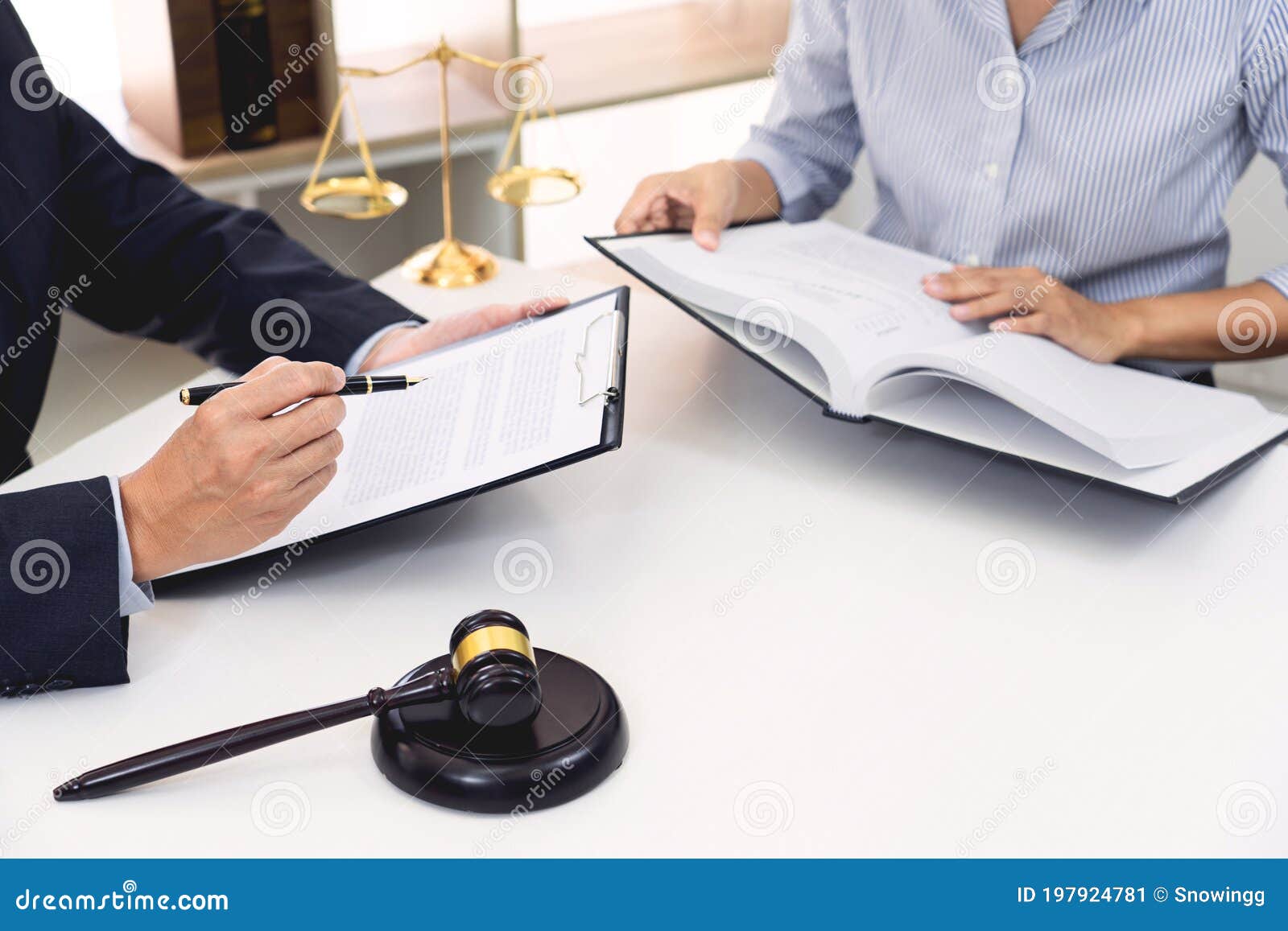Locating the suitable lawyer can be a daunting task, notably when faced with any legal problem which can significantly impact your life. Whether you're addressing a personal injury, tackling any family law issue, or establishing your business, understanding how to select the right legal representation is crucial. This article will guide you through essential legal tips, outline what you can anticipate during your first consultation, and help you determine the right time it's a suitable time to hire a attorney.
Moreover, we will cover common legal mistakes people commit, delve into particular practice areas such as personal injury law, family law, and estate planning, and explain difficult legal processes in simple terms. With useful advice and insights from legal professionals, you will feel confident to take control of your legal matters and arrive at informed decisions that fulfill your needs.
Essential Law Advice

When operating within the legal landscape, it is crucial to grasp your legal rights and duties. One of the initial recommendations individuals should be aware of is to not sign any law-related document without completely grasping its implications. Contracts, releases, and waivers can include provisions that curtail your entitlements, so it's important to review meticulously and seek clarification if needed. This understanding can ward off you from making uninformed decisions that could have long-term repercussions.
Another important point is to document all details related to your situation or judicial issue. From recording a record of discussions to holding copies of correspondence, logging occurrences can provide crucial evidence should you need to make a assertion or defend your stance later on. Additionally, Inheritance disputes of events can help you recollect details precisely if your memory is put to the test in legal proceedings or during settlements.
Lastly, always contemplate engaging an attorney at the start in the process. Many judicial issues can be settled more effectively if addressed swiftly. Whether you are dealing with a individual injury, family law situation, or business law issue, an attorney can provide advice and strategies adapted to your specific circumstances. When you understand when and why to hire an attorney, you can avoid common pitfalls and ensure that your rights are protected throughout the legal process.
Selecting the Best Attorney
Selecting the right attorney is crucial for navigating your legal issues effectively. Begin by identifying the type of legal matter you’re facing and look for an attorney who specializes in that area. Regardless of whether it is personal injury, family law, criminal defense, or business law, having a lawyer with specific expertise can significantly enhance your odds of a successful outcome. Investigate potential attorneys through web evaluations, referrals, and professional associations to create a selection of candidates.
Once you have recognized potential lawyers, schedule consultations to discuss your case and evaluate their way of interacting and method. During these meetings, ask about their qualifications, track record, and strategies for dealing with cases similar to yours. Pay attention of how at ease you feel discussing your case with them, as a solid attorney-client relationship is critical for successful representation.
Finally, take into account practicality in your choices. Elements such as the lawyer’s proximity, charges, and availability can noticeably impact your experience. Ensure that their fee arrangement aligns with your financial situation and that you are aware of what services are provided. By taking the time to choose the right lawyer based on specialization, personal rapport, and practical aspects, you can set the basis for successful legal support.
Comprehending One's Lawful Entitlements
Knowing one's lawful rights is crucial for dealing with various situations in life, from employment issues to legal charges. Understanding these entitlements empowers you to make informed decisions and pursue appropriate legal help when necessary. For example, during a police stop, it's crucial to know your rights, such as the right to silence and the right to legal representation. Familiarizing yourself with these entitlements can help protect you against potential abuses.
In the workplace, understanding one's rights as an employee can shield you from infringements related to discrimination, harassment, and unfair treatment. Employers are bound to follow labor laws that protect employee rights, such as minimum wage and overtime pay. When you are aware of one's rights regarding wages, working conditions, and job security, you are more prepared to confront any concerns with your employer or initiate legal action if needed.
Property owner and tenant relationships also come with specific rights and responsibilities. Tenants have the right to a secure and livable living environment and must be notified of lease terms. Conversely, landlords have rights regarding the eviction process and property entry. Knowing these rights on both sides can prevent disputes and encourage a more cordial landlord-tenant relationship, ensuring that both parties understand their obligations under the law.
